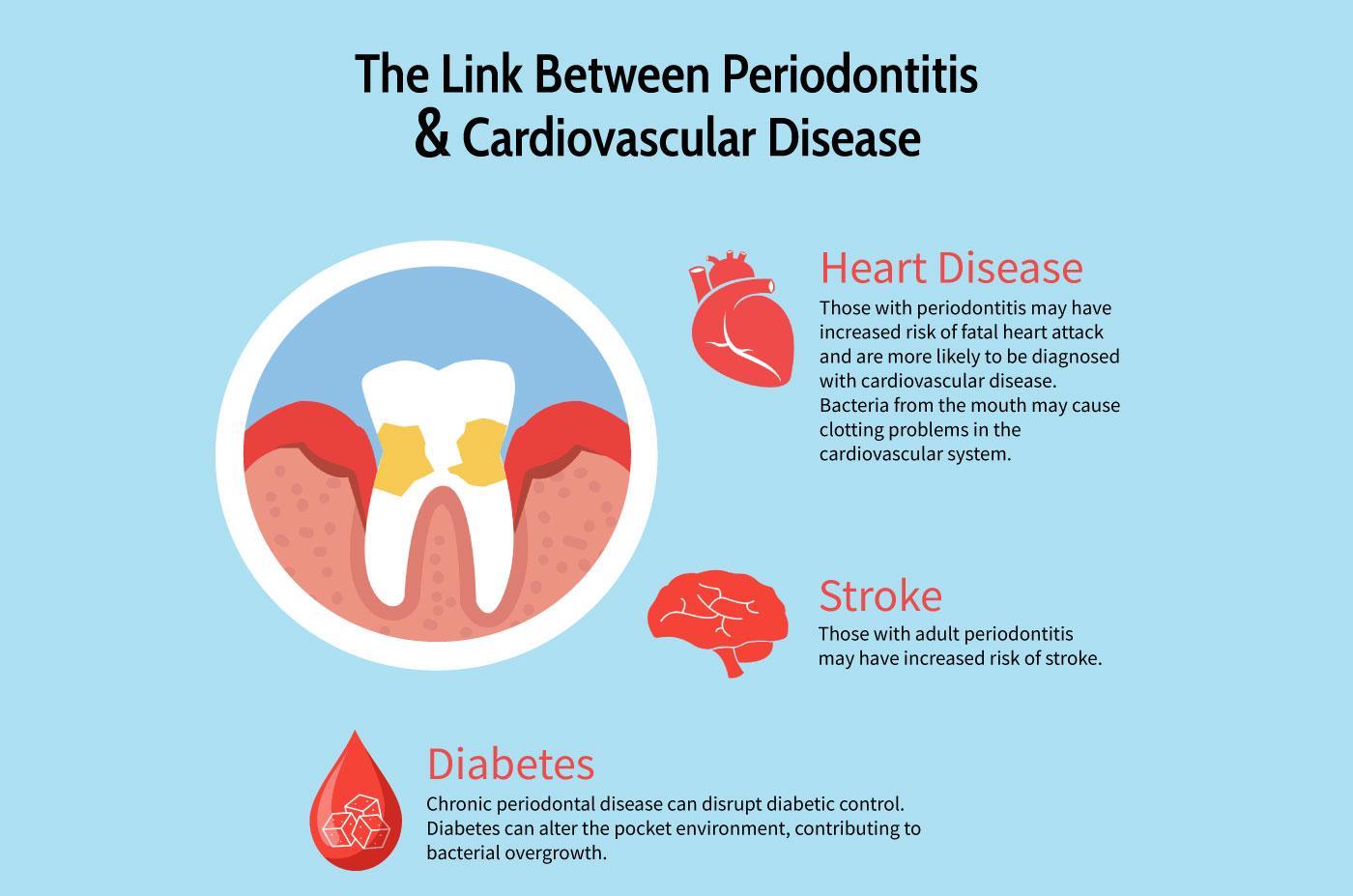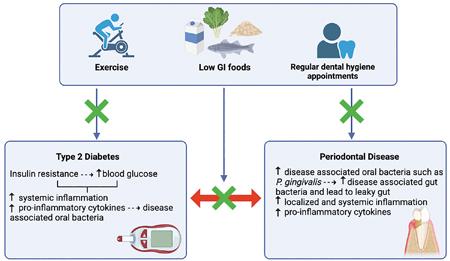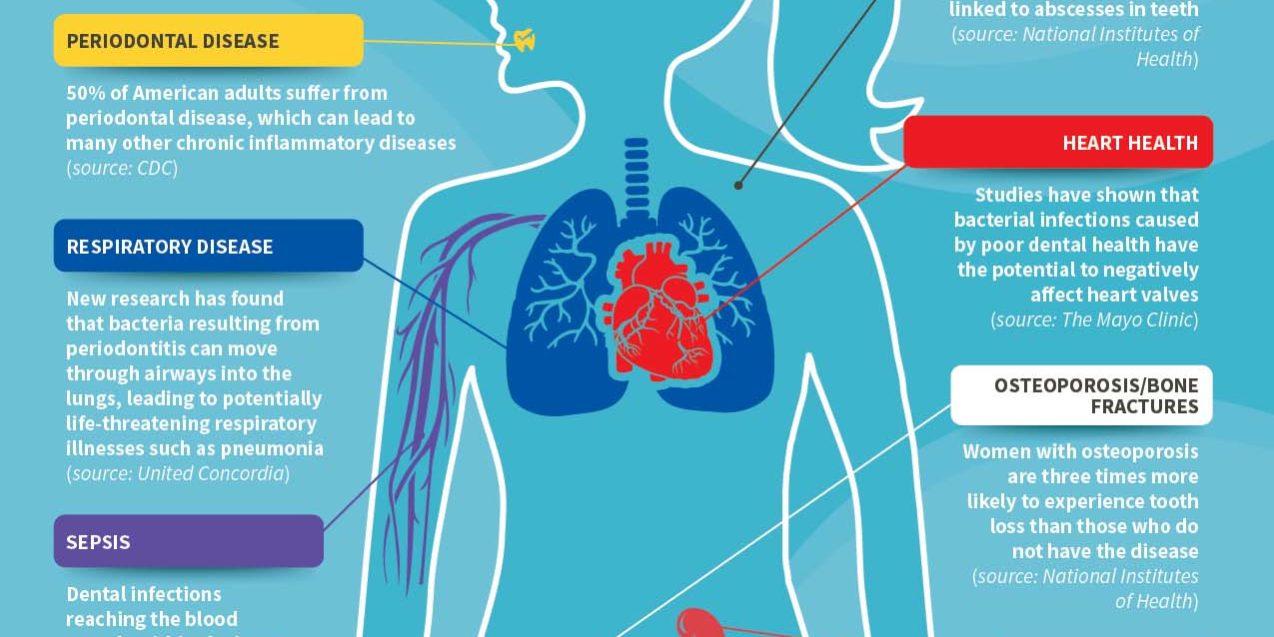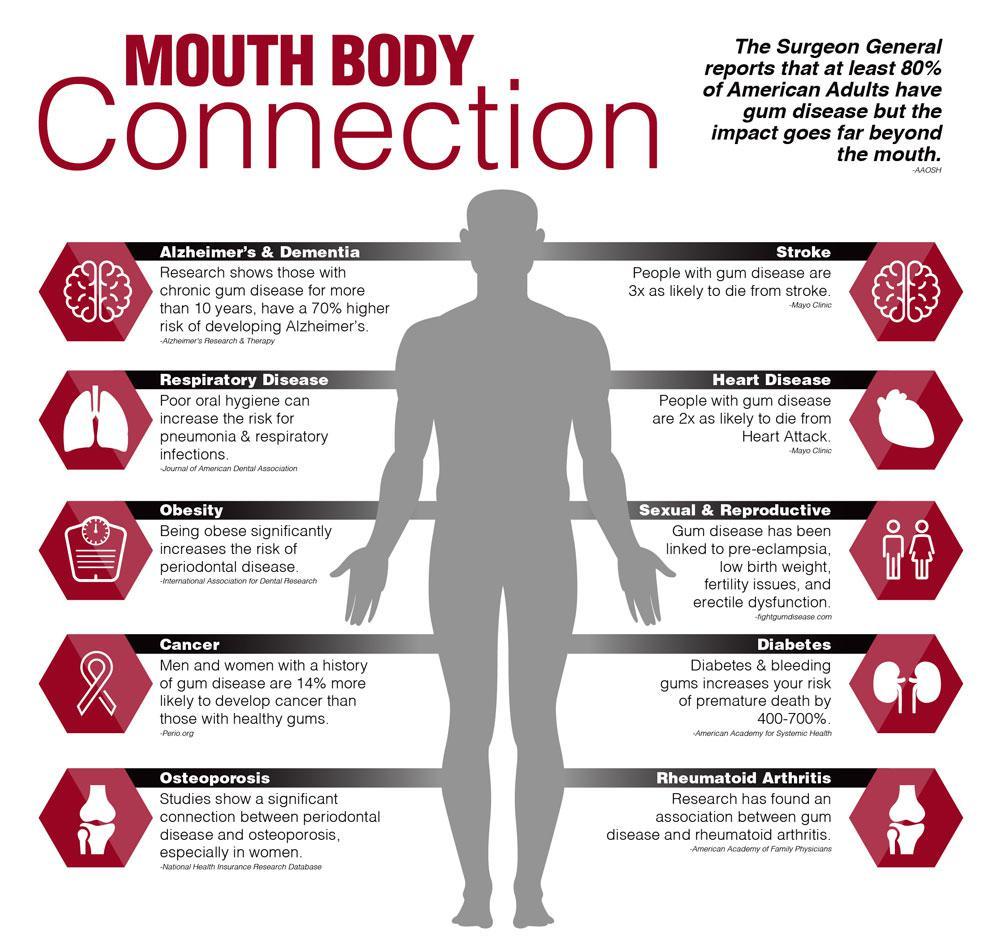In the intricate ecosystem of the human body, the mouth often serves as the gateway not only to nourishment and conversation but also to overall well-being. While oral health might seem like a standalone aspect of personal care, growing research reveals a profound and often overlooked connection between the state of our teeth and gums and the health of our entire body. This article explores the fascinating interplay between oral health and overall health, unpacking how a smile can be much more than skin deep—it can be a window into our systemic health.
The Impact of Gum Disease on Cardiovascular Health
Emerging research highlights a compelling link between oral bacteria and cardiovascular complications,revealing that untreated gum disease can act as a silent catalyst for heart issues. Chronic inflammation triggered by gum infection doesn’t just stay in the mouth — it can enter the bloodstream, causing arteries to narrow and blood to thicken, increasing the risk of heart attacks and strokes. The harmful bacteria associated with periodontitis may even accelerate the buildup of arterial plaque, a key contributor to heart disease. Understanding thes connections underscores the importance of diligent oral care not only for your smile but for your entire circulatory system.
Cardiologists and dentists now emphasize integrated care, where maintaining oral hygiene is part of a holistic approach to reducing cardiovascular risk factors.Studies suggest that managing gum disease can result in lower systemic inflammation markers like C-reactive protein (CRP), which correlates directly with heart health. For those looking to protect their heart, regular dental check-ups and consistent brushing and flossing routines are essential steps.
- Systemic inflammation: A key driver connecting gum disease and heart issues.
- Bacterial migration: Oral pathogens entering the bloodstream may exacerbate arterial damage.
- Improved outcomes: Treating periodontal disease can lower cardiovascular risk markers.
| Indicator | Gum Disease Presence | Effect on Heart Health |
|---|---|---|
| CRP Levels | Elevated | Increased inflammation |
| Arterial Plaque | Higher formation | Greater risk of blockage |
| Blood Coagulation | Enhanced | Higher clot risk |
For detailed scientific insights, visit the American Heart Association and the Centers for disease Control and Prevention. These resources provide extensive data underscoring why your gums deserve as much attention as your heart.

Exploring the Link Between Oral Bacteria and Diabetes Management
Oral bacteria play a surprisingly critically important role in the management of diabetes, revealing a complex interplay between dental health and systemic conditions. Certain strains of bacteria associated with periodontal disease can exacerbate inflammation, which in turn impacts insulin resistance and blood sugar control. Maintaining a balanced oral microbiome is, therefore, not just about preventing cavities but may also be crucial in helping individuals manage their diabetes more effectively. Studies highlight that untreated gum disease may lead to elevated blood glucose levels, complicating diabetes management efforts.
Effective strategies to mitigate this impact include:
- Regular dental cleanings and check-ups
- Maintaining impeccable oral hygiene habits, such as brushing and flossing
- Consuming a balanced diet low in refined sugars and high in antioxidants
- Collaborating closely with healthcare providers to monitor blood glucose and oral health concurrently
| Oral Health Factor | Impact on Diabetes |
|---|---|
| Periodontal inflammation | Increases insulin resistance |
| Oral bacteria imbalance | Raises systemic inflammation levels |
| Regular dental care | Improves glycemic control |
For those interested in deepening their understanding, resources such as the CDC’s diabetes portal and the American Dental Association offer comprehensive, evidence-based guidance. Their insights underscore the value of integrated care approaches that encompass both oral and metabolic health to optimize quality of life for diabetic individuals.

How Oral Hygiene Influences Respiratory Conditions
Maintaining good oral hygiene goes far beyond just a radiant smile; it plays an essential role in protecting the respiratory system from harmful bacteria.when oral care is neglected, the mouth becomes a breeding ground for pathogens that can be inhaled into the lungs, potentially leading to infections such as pneumonia or exacerbating chronic conditions like chronic obstructive pulmonary disease (COPD). Oral bacteria have a direct pathway to the respiratory tract, and their migration increases the risk of pulmonary inflammation and infection. This connection underscores the importance of daily habits such as thorough brushing, flossing, and professional dental cleanings in safeguarding respiratory health.
Numerous studies reveal how improving oral hygiene can mitigate complications associated with respiratory diseases. Such as, patients with poor dental health showed higher incidences of lung infections. Here’s a brief overview of how oral pathogens influence respiratory conditions:
| Oral Factor | Impact on Respiratory Health |
|---|---|
| Dental Plaque | Harbors bacteria that can be aspirated into the lungs, causing infections |
| Gum Disease | Increases inflammation and weakens immune response in airways |
| Dry Mouth | Reduces saliva’s protective effect, aiding bacterial colonization |
For those interested in deeper insights, resources like the CDC’s Oral health Division and the National Heart, Lung, and Blood Institute provide comprehensive overviews linking oral hygiene to respiratory well-being. Simple preventive steps can have ample benefits for lung health, making the mouth a frontline defense not just for a beautiful smile, but for overall respiratory protection as well.

Practical Steps to Promote Both Oral and Systemic Wellness
Optimizing your oral and systemic health begins with a foundation of daily practices that support your body on all levels. Start by maintaining a consistent oral hygiene routine that includes brushing twice daily with fluoride toothpaste, flossing to remove interdental plaque, and scheduling regular dental checkups. These simple acts do more than preserve your smile—they reduce the risk of oral infections, which can be linked to conditions such as cardiovascular disease and diabetes. Incorporating a diet rich in vitamins, minerals, and antioxidants further strengthens your immune system while fostering healthy gums and teeth.
Beyond personal care, adopting lifestyle habits that nurture systemic wellness is crucial.Prioritize adequate hydration and balanced nutrition, limit sugar and tobacco use, and manage stress through mindfulness or exercise.Below is a fast overview of effective habits that enhance both mouth and body health:
- Hydrate regularly: supports saliva production and toxin elimination.
- Eat nutrient-rich foods: fruits, vegetables, omega-3 fatty acids.
- Avoid tobacco and excessive alcohol: reduces inflammation and cancer risk.
- Exercise consistently: improves circulation benefiting oral tissues.
- Manage stress: lowers inflammation and prevents bruxism.
| Lifestyle Factor | Benefit to Oral Health | Impact on Systemic Health |
|---|---|---|
| Proper Oral Hygiene | Reduces plaque & gingivitis | Decreases heart disease risk |
| Balanced Diet | Strengthens enamel & gums | Supports immune function |
| Regular Exercise | Enhances blood flow in gums | Improves cardiovascular health |
| Stress Management | Prevents teeth grinding | Reduces systemic inflammation |
For further guidance on the intricate links between oral and whole-body wellness, consult resources like CDC Oral Health Division and American heart Association for insights on cardiovascular implications. By integrating these practical steps, you create a powerful synergy that nurtures a healthier mouth and a healthier you.
To Wrap It Up
In the intricate tapestry of our well-being, oral health weaves a thread that is often overlooked yet profoundly significant. From the bright smile we share to the silent battles within our bodies,the condition of our mouth reflects and influences our overall health in ways science continues to unveil.Embracing a holistic view, where dental care becomes an integral part of wellness, invites us to nurture not just our teeth but the very foundation of our vitality. As we close this exploration, may we carry forward the understanding that a healthy mouth is more than a gateway to a beautiful smile—it is indeed a vital cornerstone of lifelong health.





